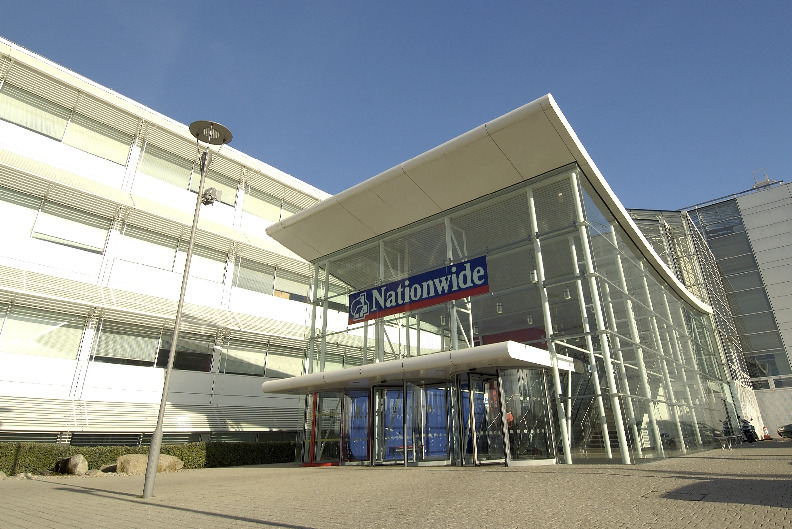Nationwide Building Society has become the first high street financial services provider to be triple recertified to the Carbon Trust Standards for its carbon, water and waste metrics.
The high street bank established a five-year ‘citizenship strategy’ dubbed ‘Living on Your Side’, part of which were a series of environmental targets. In 2011 the company aimed to ensure carbon emissions remained at or below baseline levels by in 2020/21, while also reducing water consumption by 10% and achieve zero waste to landfill by 2015.
Nationwide has either achieved or exceeded all three targets and has subsequently established new, more ambitious goals as a result. It intends to keep carbon emissions down to 2015 levels, reduce water use by a further 5% by 2020 and reduce waste by 100 tonnes in the same time frame, increasing recycling to at least 80% in the process.
Jenny Groves, divisional director for branch and workplace transformation at Nationwide, said that the bank recognised its “responsibility to build a truly sustainable business”.
“Being recognised for our ongoing progress in reducing carbon emissions, water use and waste by the Carbon Trust is a fantastic achievement and I’m proud we have achieved it yet again. This recognition is testament to the long term commitment and progress we have made,” she said.
Groves also revealed that the company had this year agreed a power purchase agreement with an operational solar farm in the UK, which will supply at least half of Nationwide’s total demand.
“This means we will be able to meet the increasing business demand for energy, whilst also reducing our carbon emissions. I’m proud that we have not only met our targets, but exceeded on two key measures,” Groves added.
Power purchase agreements between businesses and renewable energy generators have risen to prominence in recent months after a number of high-profile businesses have clinched deals to derive significant portions of their energy demand.
Both Nestle and Mars have clinched PPAs with wind farms in recent months, while the likes of McDonalds and Tata Steel have benefitted from connections with solar farms.






